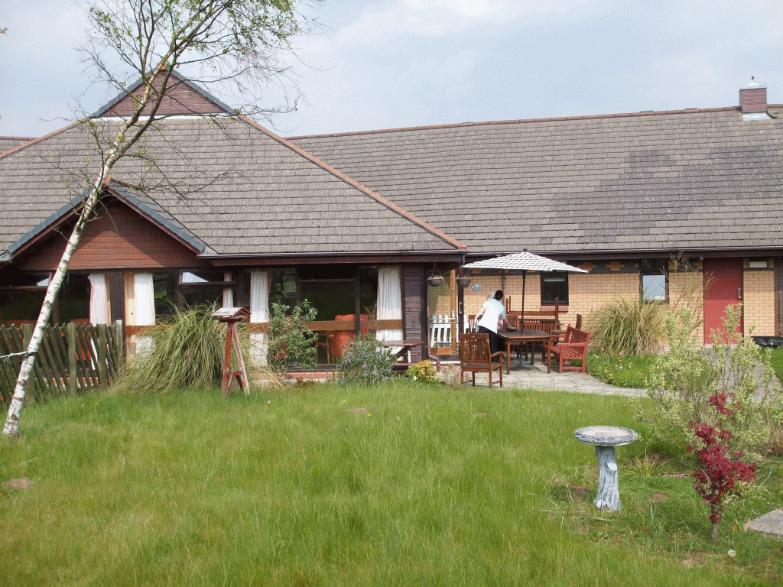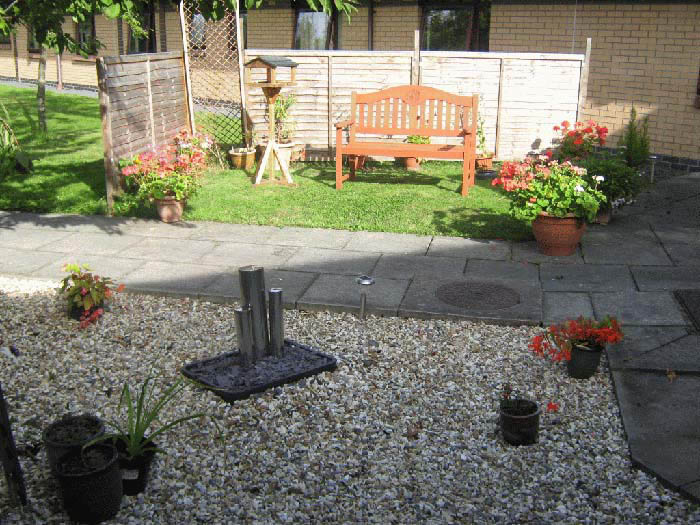What is the Difference Between Residential Care and Nursing Care?

Choosing the right type of care for yourself or a loved one is a significant and often emotional decision. Understanding the difference between a residential care home and a nursing home is essential to ensure residents receive the appropriate level of support. At Cumbrae Lodge Care Home, we offer both residential care and nursing care, tailored to meet each individual's needs - whether they require help with everyday living, more complex medical support, or a specialist dementia nursing home environment.
In this article, we'll explain what the difference between residential care and nursing care is, what each involves, who they are for, and how they're funded. This guide aims to help families make an informed decision about long-term care.
Understanding Residential Care
Residential care is designed for people who may no longer be able to live independently but do not require round-the-clock medical care. It provides a supportive environment in a residential care home where residents receive help with daily tasks such as meal preparation, personal hygiene, dressing, taking medication, and social and physical activity.
Key Features of Residential Care:
- Provided in residential care settings
- Support from qualified care assistants
- Focused on personal care and daily living tasks
- Suitable for older people or those with mild mental health issues, physical disabilities, or early stage dementia
- Encourages independence and helps residents engage with others
- Does not involve continuous nursing needs
Residential care homes offer a comfortable, homely environment where residents are treated with dignity and compassion. The aim is to provide support in a non-clinical setting, promoting independence as much as possible while still offering necessary help.



What is Nursing Care?
Nursing care, on the other hand, is intended for individuals with complex medical conditions or those who require frequent medical treatment. Unlike residential homes, nursing homes have qualified nurses on site 24/7 who can provide medical care, monitor health conditions, and respond quickly to emergencies.
Key Features of Nursing Care:
- Managed by a nursing team including registered nurses and medical professionals
- Ideal for those with complex medical needs, severe physical disabilities, or severe learning disabilities
- Capable of administering medication, including intravenous medication
- Involves close coordination with visiting health professionals, such as a district nurse, GPs, and therapists
- Offers NHS-funded nursing care for eligible individuals
- More suitable for people with mental illness or advanced dementia care needs


In nursing care, every aspect of support is tailored to ensure the resident's medical needs are continuously monitored and managed. For those living with complex conditions, such as Parkinson's disease, stroke recovery, or advanced frailty due to old age, nursing care provides the necessary immediate care and reassurance that qualified nurses are always available.
Main Differences Between Residential Care and Nursing Care
The main difference between a care home and a nursing home lies in the level of medical care provided. While both offer support with everyday living and promote community wellbeing, only nursing homes have registered nurses and qualified nurses on site at all times. This enables them to care for residents with more complex conditions and nursing needs that go beyond basic personal assistance.
In residential homes, help is typically non-clinical, focusing on personal care, nutrition, companionship, and general safety. Any necessary medical care in a residential setting is usually provided by external visiting health professionals or NHS-funded nursing care arrangements, depending on an individual’s eligibility and health status. In contrast, nursing care integrates ongoing clinical supervision into daily life within the home, making it the preferred option for people with intensive medical needs or rapidly changing health conditions.
So, if a resident’s condition changes over time - for example, from requiring help with personal hygiene to needing frequent medical treatment - they may transition from residential care to nursing care.
Who is Residential Care For?
Residential care is suitable for:
- Elderly individuals who can no longer manage in their own homes
- People with mild physical disabilities
- Those experiencing early dementia or mild mental health issues
- People in need of companionship and assistance with daily tasks
Residents in residential settings are encouraged to remain as independent as possible, while being supported with daily routines. It's not unusual for family members to choose residential care as a way to improve their loved one's quality of life while ensuring they are safe and well looked after.
Who Needs Nursing Care?
Nursing care is better suited to:
- Individuals with complex medical conditions
- People recovering from surgery or illness requiring regular nursing input
- Those needing intravenous medication or wound care
- Residents with severe learning disabilities or physical disabilities
- Older adults with progressive neurological conditions
- Those in a specialist dementia nursing home needing round-the-clock medical care
Conditions like late-stage Alzheimer's, Parkinson's, stroke aftermath, and other complex conditions require the clinical oversight that only a nursing home can provide. With a dedicated nursing team and access to visiting health professionals, residents can receive a consistent and responsive level of care.
Understanding the Role of Visiting Health Professionals
In both residential care and nursing care environments, visiting health professionals play a vital role in supporting the wellbeing of residents. General Practitioners (GPs), physiotherapists, occupational therapists, chiropodists, and district nurses often visit to provide additional medical care or therapeutic services. In nursing homes, these visits are more frequent due to the presence of residents with complex medical conditions. At Cumbrae Lodge, we maintain strong relationships with local health services to ensure our residents receive timely interventions and expert assessments when needed.
Personal Care and Daily Living in Residential Settings
In residential care settings, maintaining a sense of normalcy and dignity is paramount. Assistance with personal hygiene, dressing, eating, and meal preparation allows residents to lead fulfilling lives while receiving the support they need. Care assistants are trained to help residents manage daily tasks sensitively and respectfully. The environment in a residential care home is typically warm and homely, fostering friendships and encouraging social and physical activity. This type of support ensures that older people or those with milder needs can continue enjoying life in a community setting without the pressure of managing alone.
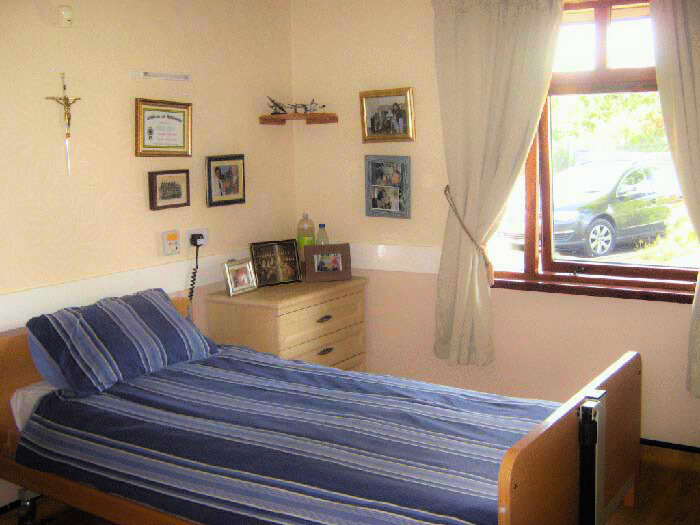
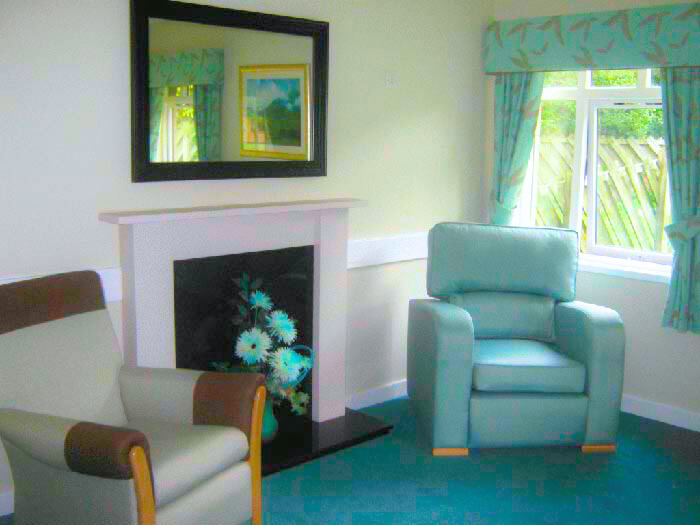
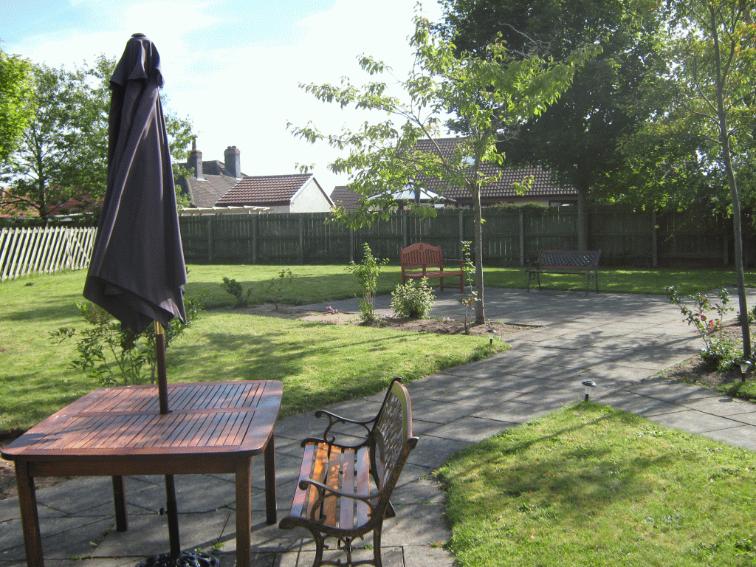
Identifying Symptoms and Monitoring Health Conditions
One of the advantages of nursing care is the ability to identify symptoms and respond to changes in health swiftly. Registered nurses are trained to monitor and assess medical conditions, administer treatments, and escalate concerns to the relevant medical professionals when necessary. This vigilance is particularly crucial for residents living with complex conditions, progressive illnesses, or recovering from surgery. With qualified nurses on site, a nursing home like Cumbrae Lodge can offer reassurances to families that their loved one's health is in expert hands.
Blended Care Services
Some residents may benefit from both residential care and nursing services, depending on their fluctuating health needs. For instance, a person might primarily need help with everyday living but occasionally require more intensive medical treatment. In such cases, Cumbrae Lodge offers flexible, blended care solutions. Our team can adapt care plans as needs evolve, ensuring continuity and minimising disruption. Whether residents require occasional interventions or full-time nursing care, we are equipped to deliver compassionate, adaptable support.
The Importance of Social Connections and Activities
Regardless of whether a resident is in residential care or nursing care, maintaining quality of life through activities and relationship is essential. Opportunities to engage with other residents, participate in group events, and stay connected with family members contribute significantly to emotional and psychological wellbeing. At Cumbrae Lodge, we offer tailored activity programmes that consider both ability and interest, ensuring that everyone can find joy in everyday experiences. This focus on social inclusion complements the physical and medical support we provide, creating a truly holistic care environment.
Financial Considerations: Nursing Home Costs
One of the key practical considerations is cost. Because nursing care involves more specialist support, nursing home costs are typically higher than residential care.
What influences cost?
- Type and level of care required
- Location of the care home
- Whether the resident qualifies for NHS funded nursing care
- Assessment outcomes from the local authority
A financial assessment carried out by the local council will determine whether a resident receives funding support. In some cases, the nursing care component of the fees may be paid by the NHS, reducing the overall cost burden on the family.
Funding Support
Residents may be eligible for:
- Local authority funding, following a means-test
- NHS funded nursing care for those assessed as needing care by a qualified nurse
- Continuing Healthcare (CHC), for those with significant medical needs
It's important to seek advice early and have assessments carried out to understand your options. At Cumbrae Lodge, we support families through the process, helping to coordinate assessments and explaining all available funding avenues.
Transitioning Between Care Types
In many cases, a resident may begin in residential care, but as their health conditions evolve, they may require a move to nursing care. Some care homes, including Cumbrae Lodge, provide both services under one roof, allowing residents to remain in familiar surroundings with people they know and trust.
This flexibility also allows staff to adapt care plans as residents conditions change, ensuring their needs are always met.
Choosing the Right Care Option
When deciding between residential care and nursing care, consider:
- The current and anticipated health needs of the individual
- Whether medical professionals need to be involved regularly
- The level of support needed with personal care
- Whether the person has a learning disability, mental illness, or complex medical issues
At Cumbrae Lodge Care Home, we take a person-centred approach to ensure that every resident receives the right care in a nurturing and respectful environment. Whether your loved one requires light assistance or intensive nursing care, we are here to provide expert guidance, clinical excellence, and compassionate support.
Making the Right Choice for Your Loved One
Understanding the difference between residential and nursing care is the first step in choosing the best possible setting for your loved one. While both offer essential care and support, the key distinction lies in the need for qualified nurses and level of medical care required.
If you're unsure about what kind of care is right, our team at Cumbrae Lodge can offer personalised assessments and advice. Whether you're navigating care for the first time or transitioning from home to a residential care home, we're here to help every step of the way.
For more information or to book a visit, contact Cumbrae Lodge Care Home today and discover how we can support your family with warmth, dignity, and clinical excellence.




